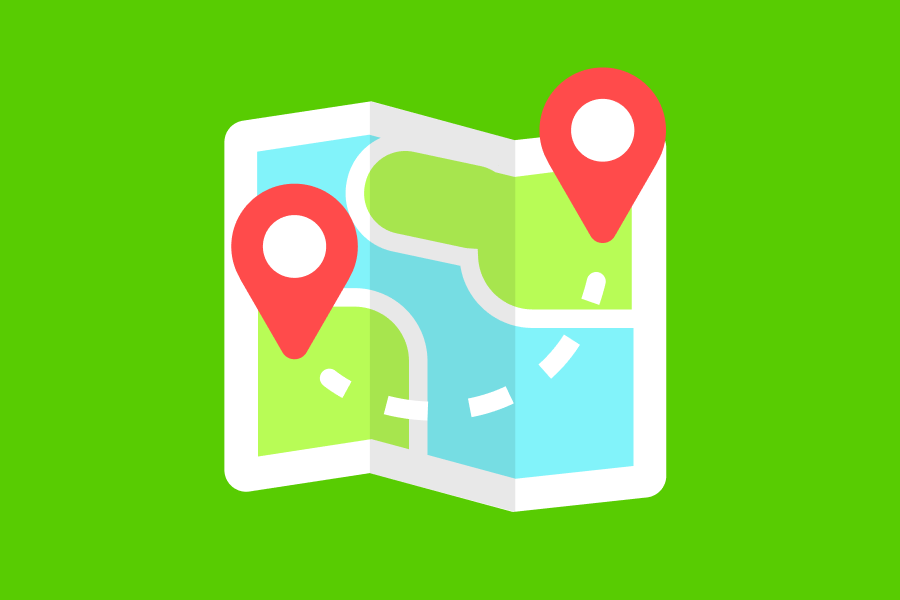We get hundreds of emails from curious learners every week—and one recently caught our eye. It was from a high school student in Europe who was learning new languages at home, in school, on Duolingo, and even in her new community! Here's what she's learned about studying languages.
Hi, everyone! I’m Leia Gilceava, a multilingual high schooler who moved to the Netherlands 4 years ago. There was a lot to learn when I arrived: Dutch is very different from Romanian, my first language, and I was hearing it all around me! If you're a worried traveler or are anxiously planning a move abroad, here are 3 tips for making the most of being immersed in your new language.
Tip 1: Don’t be afraid of locals
For me, locals are sometimes surprised that a foreigner learned their language, and so they continue speaking to me in Dutch when I show I've understood. (Even if I've replied in English!) Of course, not everyone wants to be involved in your personal language lesson, so don't be discouraged if they don't answer in Dutch. Keep trying!
Breaking the language barrier with locals may reveal unique opportunities to learn about the community and their city. Not everyone will speak your language, but they might be itching to share their knowledge and culture! During a trip to Panama, I met older shopkeepers who didn't know English but who enthusiastically told whoever listened about the local fauna. I learned about a very venomous spider (!!), and they pointed out sloths that easily went unnoticed.
Tip 2: Listen to locals speak
This tip is useful for both aspiring travelers and people living abroad, who are practicing their language while doing even mundane activities. Spoken language is harder to follow than scripted listening exercises, and listening to the world around you will give you practice with a variety of speakers as well as with frequently-repeated language. When I first moved, I preferred taking the subway so I could listen to the announcements, and they helped me become confident in counting and orienting myself. Now that I basically know them by heart, I fully understand them and can use the words in other contexts!
Early learners can challenge themselves to get the gist of a conversation, and more advanced learners can help themselves get over a plateau in their progress by doing some educational eavesdropping while out and about. It worked for me: After really focusing on the language around me in my daily activities and practicing in a few Dutch classes, I now understand most conversations! 🏆
(Don’t forget to reward your hard work with a sweet traditional treat—remember Tip 1 and try ordering in the language!)

Tip 3: Join a community
Groups that gather around favorite hobbies and interests are perfect for learners!
- Locals can help you learn nuances, colloquial words, and slang to help you communicate better and boost your confidence in speaking.
- Foreigners may relate to your experience and become language buddies, which make for great, low-pressure speaking practice.
A "language buddy" could be someone learning the same language as you, and they might be either more or less advanced than you. If you are struggling with motivation, a friend will definitely help, especially if you have shared interests: Learning together with someone keeps up your determination, and helps you work through the challenges! I found my language buddy in my Dutch class, and we made a habit of practicing short phrases and questions in Dutch.
If social activities aren’t your vibe, look for online communities focused on your interests or the new place you're living. This is a great low-stress way to learn about something that matters to you, in the language you're learning!
Don't be a stranger 💚
Living, or even traveling, in a new place can be intimidating: a new home, new people, even a new way to the grocery store! Therefore, knowing the language is valuable—a seemingly cold country may suddenly become warmer. The same could apply to traveling: knowing the basics could definitely give you a one-of-a-kind experience.
